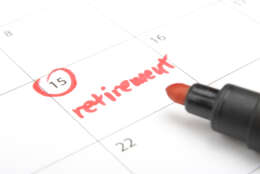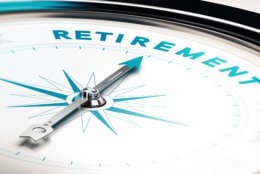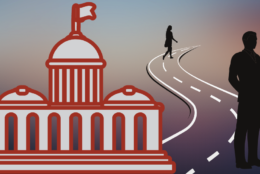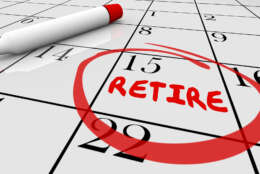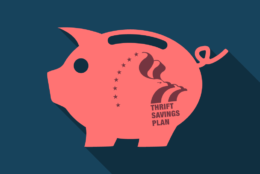Federal Employees Retirement System
-
The Federal Employees Retirement System (FERS) requires some-to-considerable thought and work from those who want to maximize their total retirement benefits.
October 21, 2021 -
A cost of living adjustment this size carries a double message. First, that inflation is back, and second, that not everybody will get the full increase. Some will even get nothing, meaning even more belt-tightening!
October 14, 2021 -
For the vast majority of feds still on the payroll, plus a growing number of those already retired under the newer Federal Employees Retirement System (FERS), big COLAs mean fiscal heartburn.
October 13, 2021 -
Have your career plans changed some, a lot or completely since the COVID pandemic? Has the retirement tsunami, first predicted in the 1990s, actually started?
September 22, 2021 -
Currently, most feds in retirement left under the CSRS program so they get full COLAs. But the overwhelming majority of people working for Uncle Sam now are under the FERS program.
September 21, 2021 -
Time, especially for federal workers under the Federal Employees Retirement System (FERS), can be on your side. If you plan wisely and begin early.
September 16, 2021 -
Do you suffer from pension envy? Many current and retired federal employees do!
August 26, 2021 -
With inflation on the rise, a growing number of feds are crunching the numbers to weigh the financial benefits of working another year or two.
August 25, 2021 -
Are you saving enough for retirement? Maybe the question nags at you; maybe you wish you thought about it more.
August 13, 2021 -
The 22% increase in federal retirements from June to July has led to a growing claims backlog.
August 12, 2021 -
Unless the stock market tanks, big time, during the next 51 days the number of federal Thrift Savings Plan millionaires is expected to skyrocket.
August 10, 2021 -
A higher January COLA could mean the nation is in for an extended period of higher inflation.
August 05, 2021 -
The decision to collect your Social Security now or later can be a tough one. There are a number of tradeoffs.
August 03, 2021 -
Retirement with debt is a bad idea, especially if you are under the FERS program with its diet-COLA formula.
July 29, 2021 -
January 2022's cost of living adjustment for federal retirees will depend on not only their plan, but also inflation.
July 22, 2021

